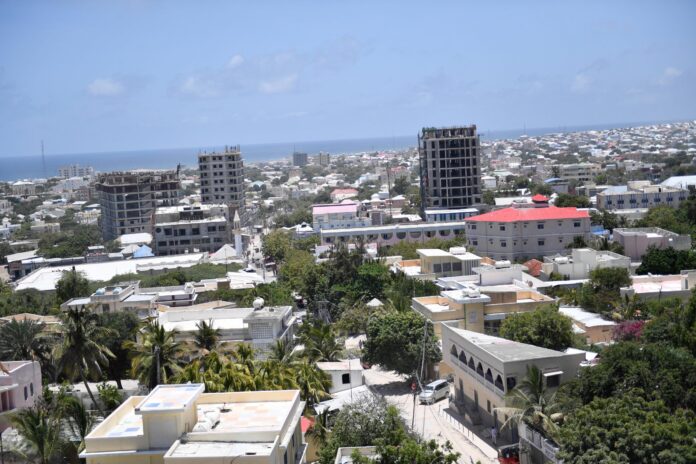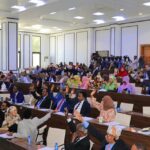MOGADISHU, Somalia — Introducing a 5% sales tax in Mogadishu has ignited widespread opposition, with residents and the business community expressing significant discontent over what they perceive as an additional economic burden in an already challenging financial climate.
Public sentiment in Mogadishu has been overwhelmingly negative towards the tax, particularly its application to digital transactions. Social media platforms, including X, are rife with complaints from users who argue that this tax will exacerbate the high cost of living.
The business sector has responded with strong actions. Major markets like Bakara have shut down in protest, and business owners have declared a city-wide strike, refusing to pay the tax. This move symbolizes their deep-seated opposition, aiming to make their economic protest visible by halting commercial activities.
In response, the government, through its Finance Minister, has engaged with business leaders, signaling a willingness to negotiate or clarify the tax’s implementation. This approach suggests an attempt to mitigate the backlash by explaining the tax’s necessity and potential benefits.
However, the tax has not only stirred economic concerns but also political tensions. Jubbaland, a regional state, has outright rejected the federal government’s tax, advising local businesses to disregard it. This regional pushback underscores a broader political narrative about federalism and the balance of power between central and local governance.
Economically, the tax could stifle the growth of the digital economy, a sector vital for Somalia where mobile money services are crucial. Critics fear that the tax might deter the use of these services, impacting financial inclusion.
The opposition to this tax goes beyond mere financial implications; it touches on deeper issues of representation, transparency in economic policy, and the government’s responsiveness to public welfare. Residents and businesses alike are questioning the fairness of the tax system, especially in a context where economic recovery and development are paramount.
The government finds itself at a crossroads, needing to balance revenue generation with citizen welfare. The Finance Minister’s dialogue with stakeholders indicates an effort to bridge this gap, though the effectiveness of these efforts remains uncertain.
This scenario in Mogadishu highlights a broader theme of economic uncertainty and political disillusionment, where the new tax has become a focal point for grievances regarding governance, economic policy, and tax revenue distribution.
The outcome of this tax implementation could set a precedent for future economic policies in Somalia, particularly in how the government engages with its citizens on fiscal matters.





